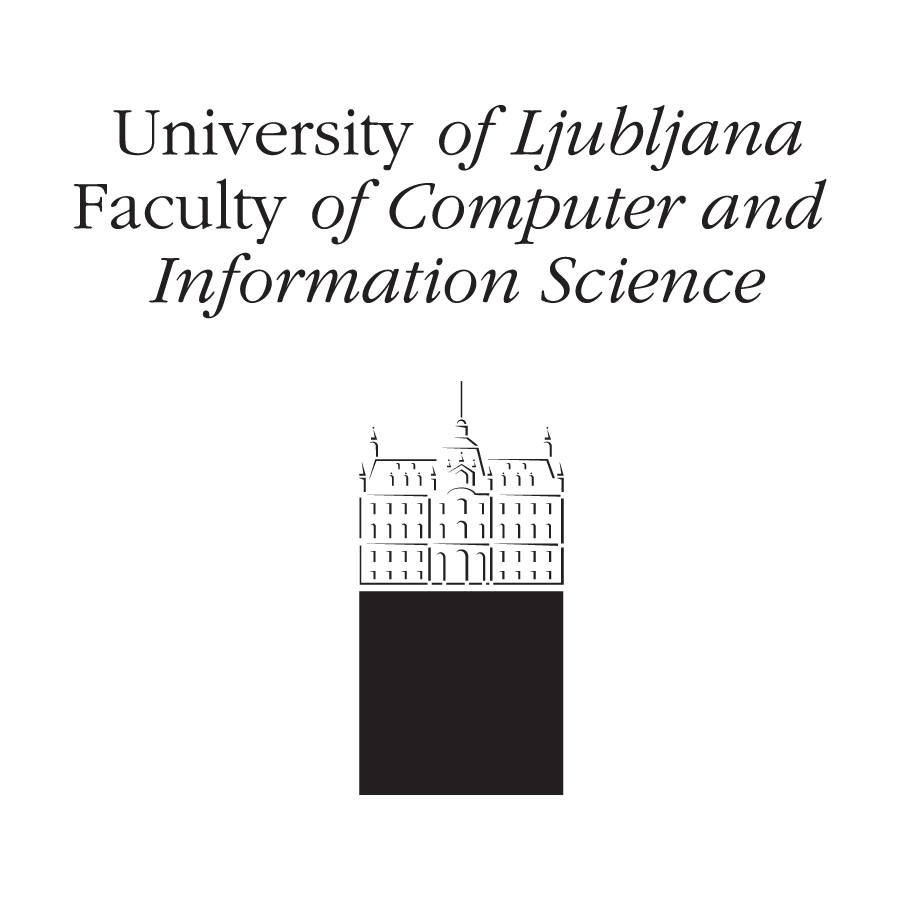Project Description
Fog/Edge Computing for IoT
July 13–17, 2020
3 ECTS
Biljana Risteska Stojkoska
Prerequisites
Bachelor’s, Master’s degree or PhD
Intermediate programming skills (C/C++/Pyton/Java/matlab)
B2 English level
About the course
IoT systems allow us to better understand and interact with the physical world around us. As the number of smart devices increases, IoT systems generate huge amounts of measurements that are hard-to-manage. This moves IoT computation close to the edge of the network, i.e. sensors and gateways should actively participate in data processing, a process known as edge computing or fog computing. In this paradigm, it is expected that the knowledge extraction process starts as early as the time the data is sensed i.e. at the sensor side. As embedded IoT devices have limited computational, memory, communication and energy resources, edge/fog computing becomes a non-trivial and challenging task.
Aims of the course
After finishing the course, the students will be able to conceptually design a state-of-the-art architecture for modern IoT system in different application domains, to define its main tasks and propose solutions. The students should apply different advanced methods and algorithms to solve typical IoT issues, like energy efficiency, interoperability among devices within the system, localization issues, etc.
Why should you attend this course?
This week-long intensive course will provide up-to-date insights to all aspects of the IoT systems. From rich sensors at the edge of the system that take measurements and perform simple computation, through gateways and clouds capable for more advanced tasks, like classification, data prediction and knowledge extraction.
Any PhD student, MSc. student and practitioner interested in the Internet of Things, Environmental monitoring, Smart home, Sensor Fusion, Fog/Edge Computing, Wireless Sensor Networks, Data Collection or Data Mining is invited.
After the course, you will:
- conceptually design state-of-the-art IoT system,
- develop algorithms for fog computing,
- analyse sensor measurements obtained from the system (e.g. environmental monitoring),
- provide green networking within the IoT system,
- develop location-aware services for IoT.







